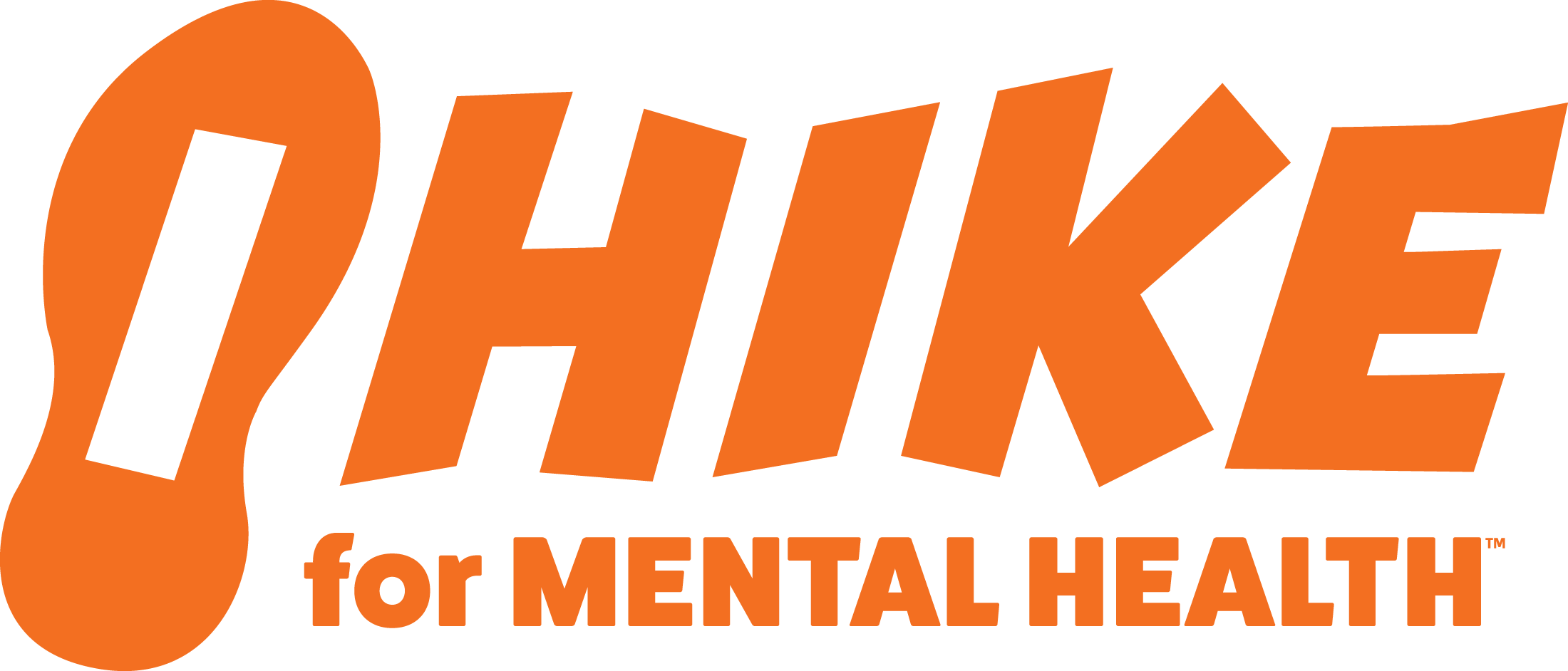PTSD: Part 2
In previous blogs we highlighted the mental health benefits of getting outdoors, as well as an overview of post-traumatic stress disorder (PTSD). If you have not read those blogs you can find them here. In this blog we share research and experiences of how hiking helps individuals with PTSD.
As a reminder, PTSD affects approximately 3.5 percent of U.S. adults every year; the lifetime prevalence of PTSD in adolescents ages 13 -18 is 8%; and an estimate of 1 in 11 people will be diagnosed with PTSD in their lifetime (Psychiatry). A McLean Hospital article cites the mental health benefits of getting outdoors, as well as the positive effects spending time in nature can have on the brain.
While there are many studies identifying the benefits of the outdoors on mental health there are few clinical studies specifically identifying the benefits of hiking for individuals with PTSD. One study looked at nature hiking vs urban hiking for military veterans with PTSD. The study found that PTSD symptoms improved and that hiking is a potential treatment for veterans with PTSD.
Although there are not many clinical studies specific to this topic, there are many personal experiences affirming the benefits of hiking for veterans and individuals with PTSD. In Walking Toward Peace: Veterans Healing on America’s Trails, Cindy Ross shares stories of veterans who have struggled with PTSD and their paths toward healing. Many veterans have experienced survivor’s guilt, nightmares, depression, lack of trust, suicidal ideation, and a lack of purpose. Whether hiking long distances, several days, or just one day, hiking offers a form of healing for these veterans.
In addition to Cindy Ross’ book, several magazines featured articles about veterans hiking to overcome or deal with their PTSD. Outside magazine featured an article of an Iraq war veteran who completed two long-distance hikes and was about to start his third leg of the triple crown. Since then, as reported by the Washington Post, he completed the triple crown and many other long-distance hikes. Both articles discuss the healing power of thru-hiking and how hiking is an effective “therapy” for this veteran. Another article in Backpacker shared a similar story of an Iraq war veteran who hiked the Pacific Crest Trail to overcome her PTSD after serving 13 months as a combat medic. In addition, the Wounded Warrior Project has a program that organizes group hikes for warriors to connect and get back into nature as a way to combat anxiety and PTSD.
There are also stories about how hiking helped individuals with PTSD as a result of other traumas. Here are just a few.
- Sydney Williams founded the website Hiking My Feelings after surviving a sexual assault. The organization’s mission is to improve health by creating opportunities for people to experience the healing power of nature.
- REI published an article focusing on how hiking benefitted a woman with postpartum PTSD. In the article it is reported that about 9% of birthing parents experience postpartum post-traumatic stress disorder following childbirth.
- NAMI shared an individual’s story of healing after a significant car accident. Walking became the key to this person’s physical and emotional well-being.
According to The Center for Nature Informed Therapy the mental health benefits of hiking include: stress reduction, improved cognitive ability, improved sleep, reduced symptoms of ADHD, increased creativity, positive mood, reduced rumination, and resiliency.
If you are looking for more information about mental health please review our resources page. If you are thinking about starting to hike, or expanding your hiking experience, consider joining one of our hikes. You can review the hikes and dates here. You can also learn more about hiking by visiting the American Hiking Society, the Appalachian Mountain Club, or the Adirondack Mountain Club.
As always, if you would like to see specific topics covered in this blog, leave a comment with your suggestion.


Excellent articles. Take a look on Amazon for a book authored by me, Ryan Robinson PhD. Called ‘a condensed mind,’ or the non abbreviated version ‘out-standing: changing my brain with nature.’ They entail my research of long distance hiking.
Thank you. I’ll take a look.